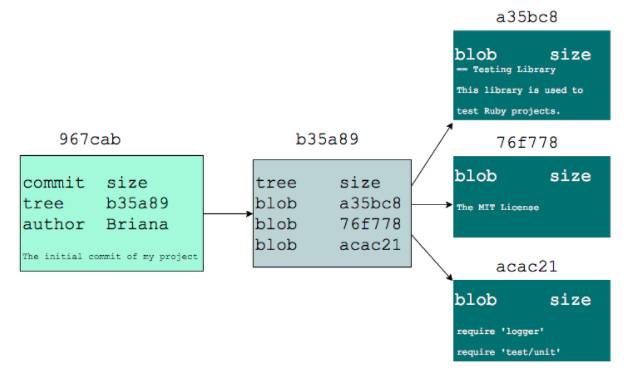

You may think of resetting a file as undoing changes. A file can have different contents in each of these locations. When you’re in the process of gathering changes, you stage files. Files that you commit ultimately end up in the repository. The files you edit locally belong to the working tree. The following terms are key to understanding the difference: working tree, staging area, and repository. On other occasions, you might want to roll back changes that you've already committed to the repository. Sometimes, you’ll want to undo local changes so a file is back in sync with the current repository. Also, the git reset command might not match your expectations for what resetting means. It’s important to note that resetting a file might mean different things to different people under different circumstances. Get to know the details of these commands and you’ll be jumping around your file history like an expert in no time. Git checkout, git reset, and git restore are commands that can help you revert to a previous version not just of your codebase, but of individual files, too. Undoing changes means considering exactly where you want to undo them. A Git repository isn’t quite the same thing as the set of files you're working on locally. But even the concept of undoing a change is more complicated than you might first think. It does not store any personal data.As software for version control, Git makes it predictably easy to roll back changes. The cookie is set by the GDPR Cookie Consent plugin and is used to store whether or not user has consented to the use of cookies. The cookie is used to store the user consent for the cookies in the category "Performance". This cookie is set by GDPR Cookie Consent plugin. The cookie is used to store the user consent for the cookies in the category "Other. The cookies is used to store the user consent for the cookies in the category "Necessary". The cookie is set by GDPR cookie consent to record the user consent for the cookies in the category "Functional". The cookie is used to store the user consent for the cookies in the category "Analytics". These cookies ensure basic functionalities and security features of the website, anonymously. Necessary cookies are absolutely essential for the website to function properly.


 0 kommentar(er)
0 kommentar(er)
